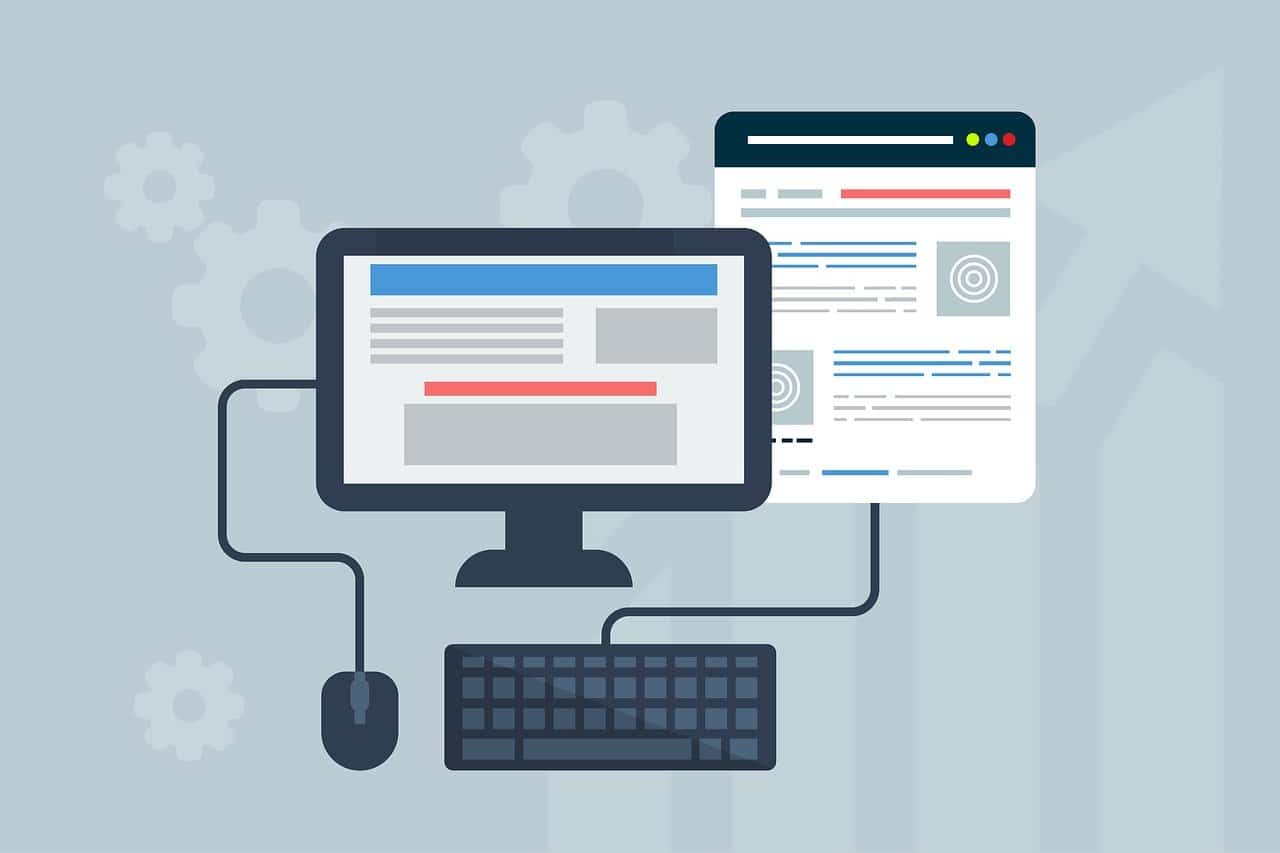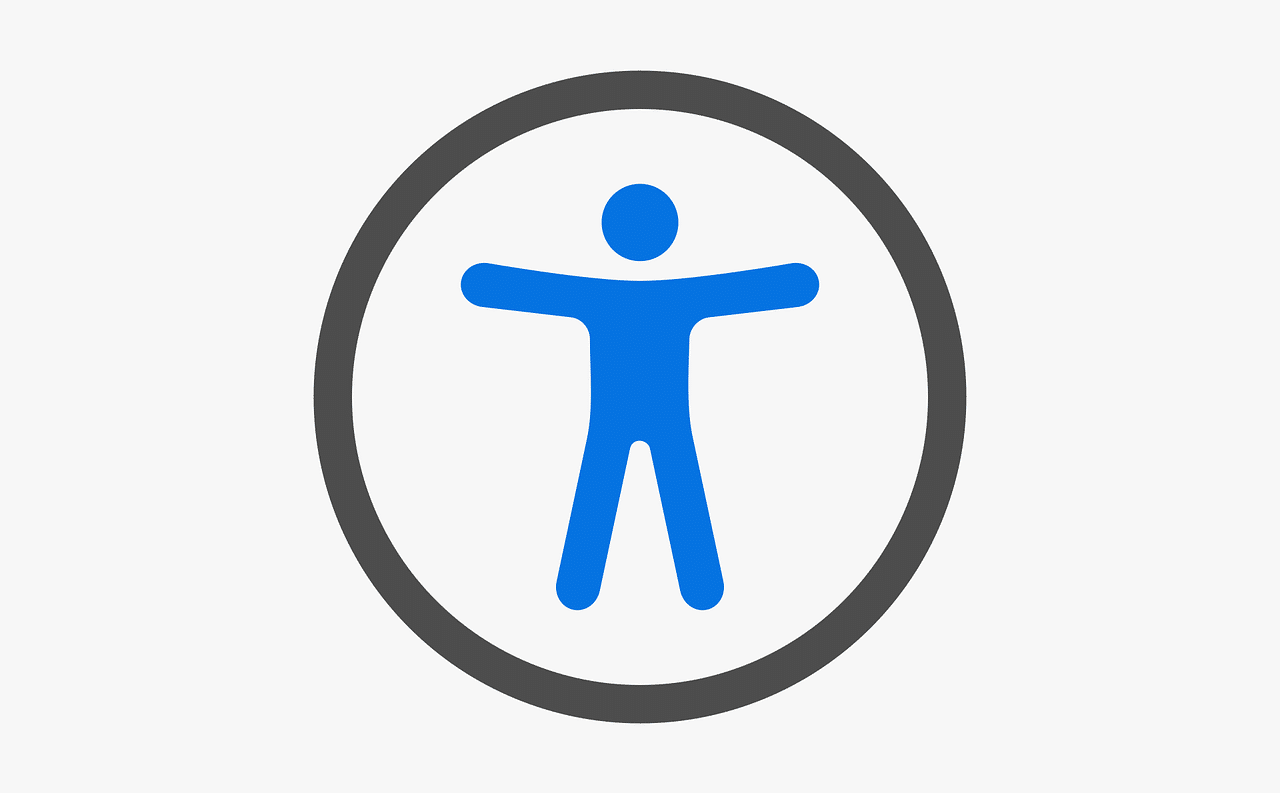A website’s speed and performance can make or break its success. Users expect fast-loading websites that deliver a seamless browsing experience. This post explores the factors that impact a website’s speed and performance and highlights why it matters for your online presence.
Factors Influencing Website Speed and Performance:
1. Hosting Infrastructure:
The choice of hosting provider and infrastructure plays a significant role in website performance. Shared hosting, where multiple websites share server resources, can result in slower load times during peak traffic periods. Upgrading to a dedicated or cloud hosting solution provides more resources and can significantly improve website speed.
2. File Size and Compression:
The size and compression of website files, including images, CSS, JavaScript, and other media, directly impact loading times. Large file sizes can cause delays, especially for users on slow internet connections or mobile devices. Optimizing images through compression and using efficient coding practices to reduce file sizes can significantly improve website speed.
3. Browser Caching:
Browsers can store frequently accessed website resources in a cache, such as images, CSS, and JavaScript files. Enabling browser caching allows returning visitors to load your website faster by retrieving resources from their local cache instead of making new requests to the server. Properly configuring caching settings can enhance website performance and reduce server load.
4. Code Efficiency:
Well-optimized and clean code is essential for optimal website performance. Bloated or poorly written code can slow page rendering and increase load times. Minifying CSS and JavaScript files by removing unnecessary spaces, comments, and line breaks can reduce file sizes and improve website speed. Regular code audits and optimizations ensure a lean and efficient website.
5. Mobile Optimization:
Optimizing websites for mobile viewing is crucial with the increasing use of mobile devices. Mobile-responsive design ensures that the website adapts and displays correctly on smaller screens, improving user experience and decreasing load times.
Why Website Speed and Performance Matter:
1. User Experience:
Fast-loading websites provide a seamless browsing experience, reducing the chances of visitors abandoning your site. Users expect instant access to information and are more likely to engage with a website that responds quickly. Improved user experience leads to higher engagement, longer session durations, and increased conversions.
2. Search Engine Rankings:
Search engines, like Google, consider website speed as a ranking factor. Faster websites are more likely to rank higher in search results, leading to increased visibility and organic traffic. A slow website may be penalized with lower rankings, impacting its discoverability and reducing potential organic reach.
3. Conversion Rates and Revenue:
Slow websites can hinder conversion rates and impact your bottom line. Studies have shown that even a one-second delay in page load time can significantly drop conversions. Speed optimization improves user satisfaction, increases trust, and boosts the likelihood of visitors becoming customers.
4. Mobile Friendliness:
Slow-loading websites frustrate mobile users and lead to higher bounce rates. Optimizing your website for mobile devices enhances the user experience. It also aligns with Google’s mobile-first indexing, positively impacting search rankings and visibility.
Website speed and performance are crucial in providing a positive user experience, enhancing search engine visibility, increasing conversions, and maximizing revenue. By considering the factors that impact website speed and implementing effective optimizations, such as choosing the right hosting, compressing files, utilizing caching, optimizing code, and prioritizing mobile optimization, you can ensure your website loads quickly and efficiently.











